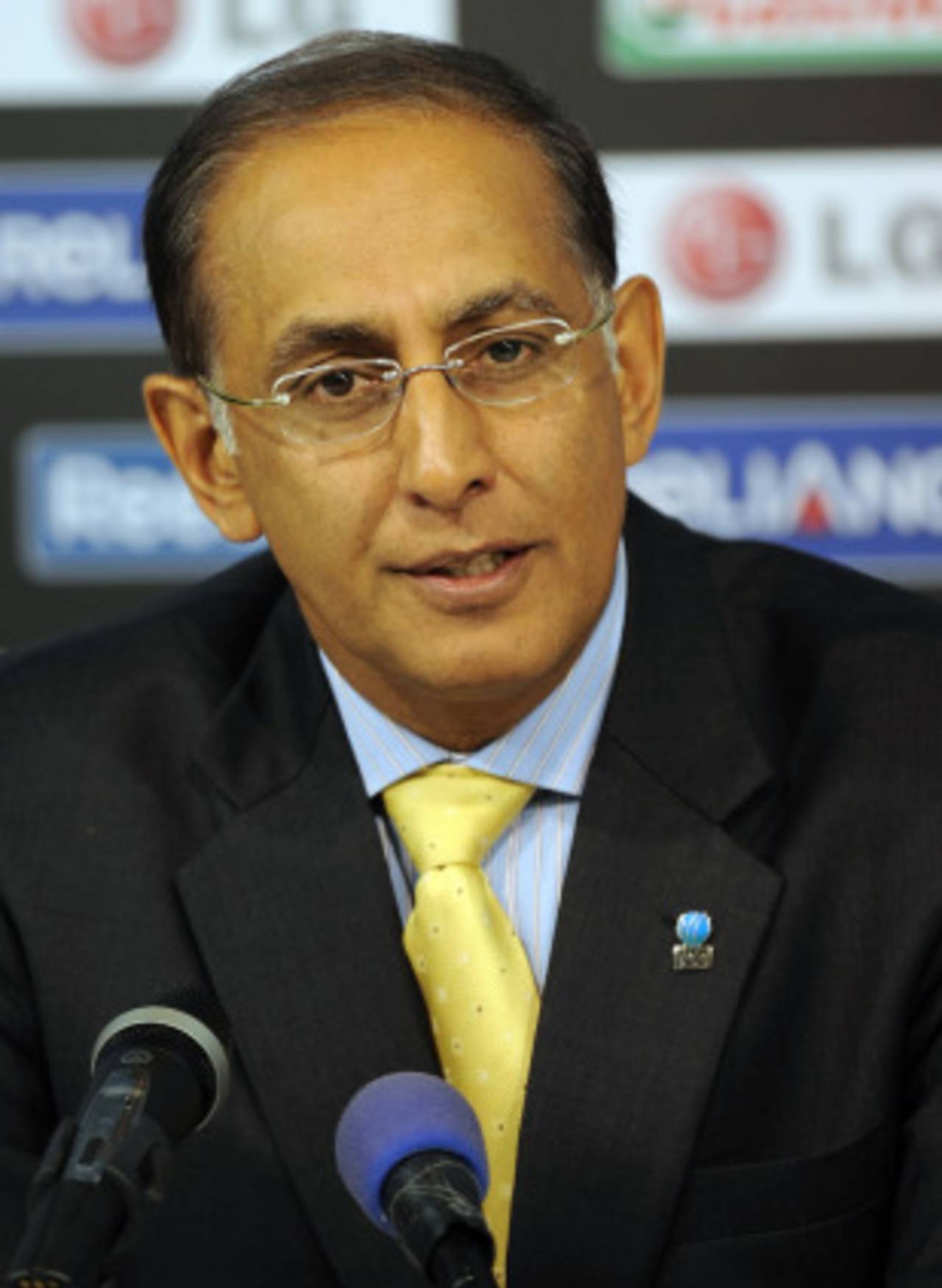ICC needs to understand how betting industry works - Rutherford
The ICC needs to understand the working of the sports betting industry to recognise when match-fixing may occur, according to Ken Rutherford, the former New Zealand captain who now works in the South African sports betting business

Haroon Lorgat said at the start of the World Cup that it was better to regulate betting • AFP
Jason Dasey is an Asia-based international broadcaster, corporate host and media trainer